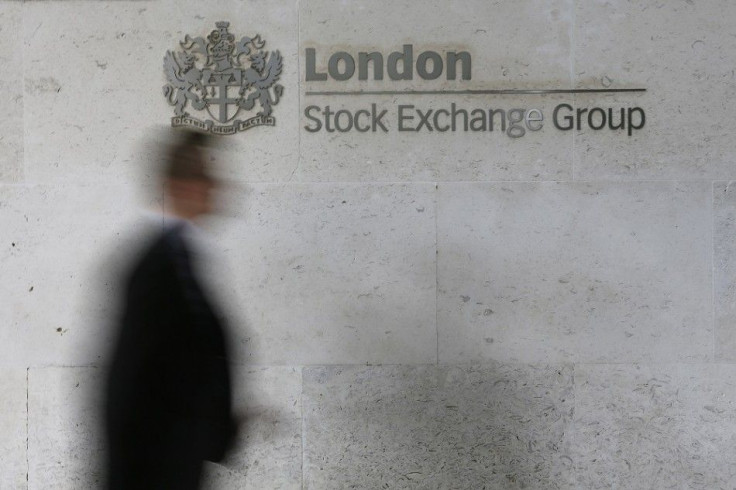Qatari royal’s UK acquisition triggers diplomatic row; Mixing personal business with diplomacy flouts Vienna convention

The purchase of a London-listed oil company by Qatar’s former prime minister, Sheikh Hamad bin Jassim al-Thani, flouting diplomatic protocols has created a controversy in the U.K.’s diplomatic and business circles.
Jassim al-Thani acquired 80 percent of Heritage Oil in June 2014. While buying the London-listed exploration and production company, the ex premier was also listed as the Counsellor at the Qatari embassy in London. The controversy around the acquisition was that it was done by the Sheikh while enjoying the diplomatic immunity guaranteed under the Vienna Convention, which bars any diplomat from profiting from “commercial activity.”
Says Article 42 of the Vienna Convention: “A diplomat shall not in the receiving State practice for personal profit any professional or commercial activity.”
In an exclusive report, the Telegraph highlighted this contradiction. The Sheikh appeared on the London Diplomatic List as “Counsellor” at the Qatar embassy in December 2013 and remained with the new title of “Minister-Counsellor” until November 2014. He joined the London diplomatic circuit after stepping down as Prime Minister and Foreign Minister of Qatar in June 2013. He stepped down from the government posts, when Qatar’s former emir Sheikh Hamad bin Khalifa al-Thani abdicated the throne.
For the acquisition of Heritage holdings, the sheikh’s investment group, Al Mirqab spent over £934 million (AU$2.01 billion) to buy 80 percent stake in the holdings. The company is into oil production in Nigeria and Russia and owns exploration assets in a number of countries, including Tanzania, Libya and Pakistan.
Lawyer’s statement
Meanwhile, defending the Sheikh, his lawyers said in a statement that Sheikh Hamad’s diplomatic duties in London “involve developing yet further the very close relationship which exists between the State of Qatar and the United Kingdom, with particular emphasis and responsibility for the promotion and development of economic relations."
The statement claimed that Sheikh Hamad was “obviously aware of the obligations placed upon him” by his diplomatic status and added that he has always conducted himself in accordance with those obligations. In particular, they said, Sheikh Hamad has conducted himself "in accordance with the requirements of Article 42."
The lawyers interpreted Article 42 of Vienna convention differently and said it prohibited the “practice” of commercial activity, but added: “This requires regularity of action rather than a one-off, or occasional, transaction”. Sheikh Hamad’s purchase of Heritage Oil “was obviously a single transaction rather than a continuous activity.
Sheikh Hamad is one of richest men in Qatar and was the former chief of its sovereign wealth fund. He is known by the name HBJ in the banking circles.
Impact of oil price
Meanwhile, companies in the Gulf Cooperation Council are feeling the heat of lower oil prices, ratings services agency Standard & Poor’s noted.
In an industry report, the S&P said corporate and infrastructure companies in the GCC may face a weaker operating environment on the back of lower oil prices. The prices have more than halved since June 2014 and slowed government expenditures on which many companies are depending. The report noted that there has been a 58 percent downturn in corporate and infrastructure bond and sukuk issuances over the 12 months that ended on Aug. 31, 2015.
For feedback/comments, contact the writer at feedback@ibtimes.com.au or let us know what you think below.





















